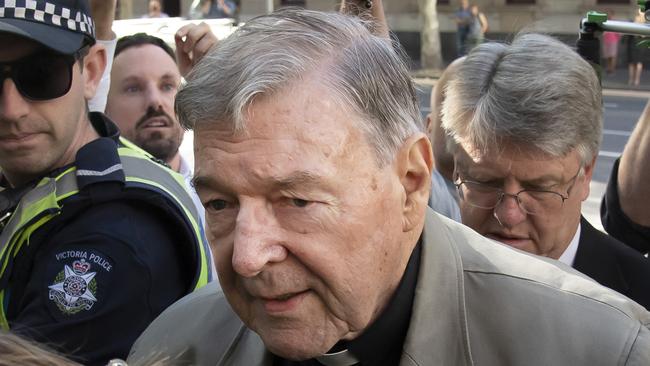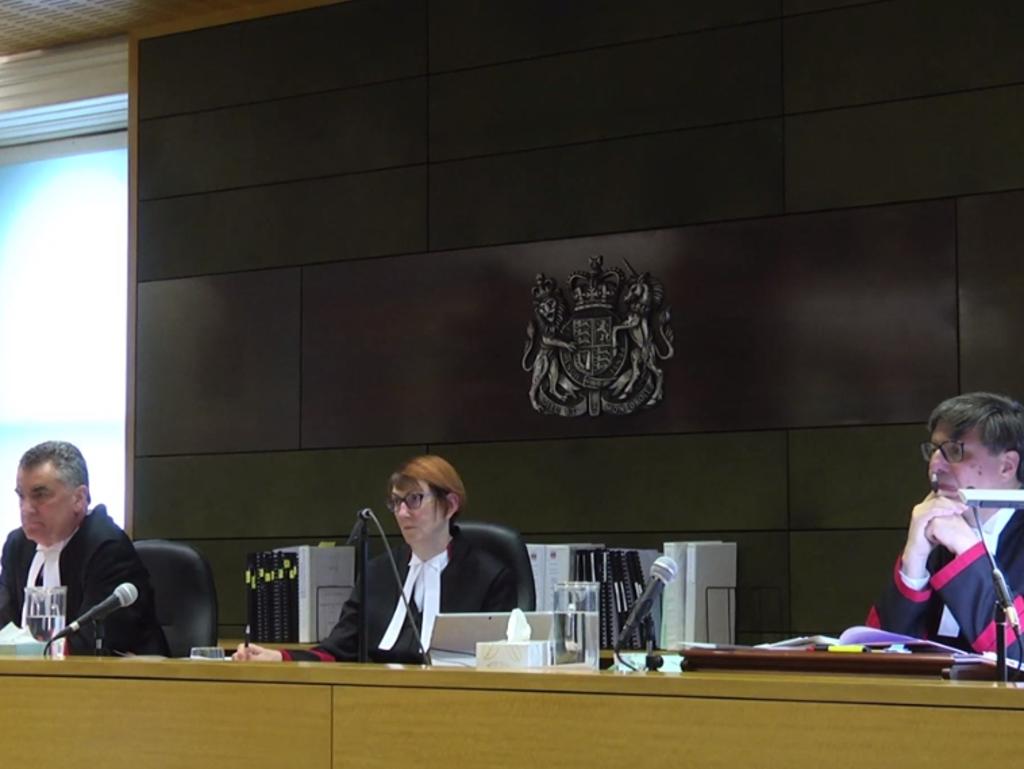
Cardinal George Pell is innocent of the sexual abuse convictions against him. He was wrongly convicted, jailed and vilified.
This concludes one of the greatest miscarriages of justice in Australian history, testimony to a nation divided, agonised and weeping tears of grief and rage. The 7-0 verdict reveals a High Court that has restored legal reasoning and exposed a disreputable saga of institutional and cultural failure in this country.
Pell was not given a fair trial or appeal by the Victorian criminal justice system. But this system did not merely fail Pell, it failed his complainant, who was put through a personal trauma for years only to find the case against Pell collapsed in a decision in the final court that matters.
The problem is that Pell’s guilt or innocence became hopelessly entangled with the crimes and sins of the Catholic Church that he led and symbolised.
Pell became a hate figure in a culture justifiably angry at the church’s systemic child abuse but this situation was compounded when other institutions succumbed under pressure.
Victoria Police adopted a “Get Pell” mentality and failed to conduct a proper investigation of evidence.
This was followed by a critical blunder – the highly dubious decision by the Victorian Director of Public Prosecutions, to charge Pell.
The Court of Appeal subsequently failed in its 2-1 rejection of Pell’s appeal as documented in the High Court judgment.
Beyond these institutions, many opinion-makers made grievous mistakes. But none remotely has the culpability of the ABC in its relentless, biased and prejudiced campaign against Pell lasting for many years.
These institutions served neither justice nor the interests of victims of child sexual abuse. Putting up and campaigning for such a flawed case carried the high risk of this outcome — years of trials, appeals, personal aggravation and disputes that diminished everyone.
State power has been recruited in an effort to destroy Pell. This situation cannot be swept under the carpet.
In his statement yesterday Pell said the “only basis for justice is truth” but “justice means truth for all”. The victims of child sexual abuse were denied the truth and justice for decades by a criminal church, but denying justice to Pell cannot compensate or restore justice to the victims.
Piling injustice upon injustice cannot redeem anybody.
The High Court has verified what many people believed the more they studied the case against Pell — that it was inherently unconvincing.
Most people who read the minority Court of Appeal judgment by Justice Mark Weinberg would have grasped this. The High Court, in reality, has saved our institutions from the dishonourable way they discharged their duties.
This case was not a referendum on the Catholic Church. It was not a referendum on the failure of the church over sexual abuse. But its sustained depiction on this basis has been, ultimately, a grave disservice to victims everywhere.
The High Court’s finding relied on the foundation of “reasonable doubt”. There was a reasonable doubt given the evidence. Sadly, this principle of the law had been compromised for too long in the Pell case. The High Court concluded there was a “significant possibility” that “an innocent person has been convicted”.








This is the ultimate expression of justice in Australia. The High Court has acted with a single purpose — to bring clarity, certainty and finality to this case.